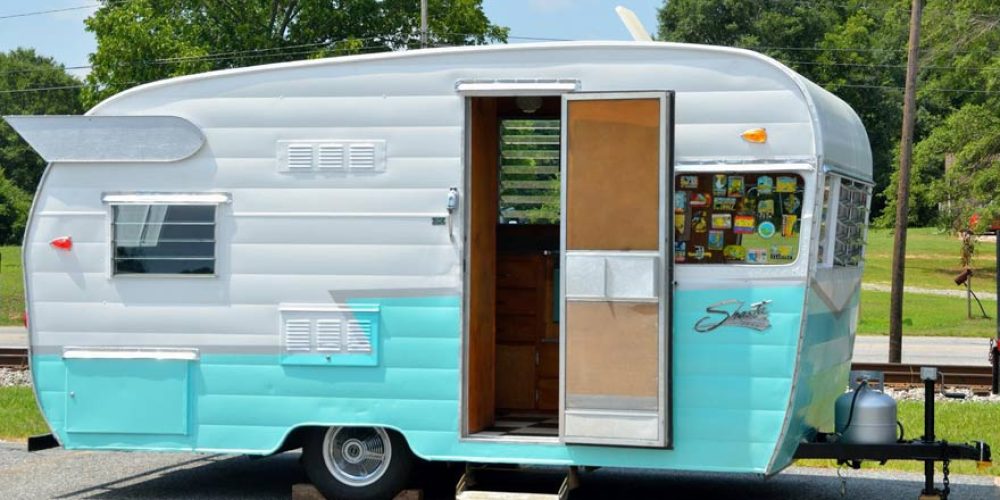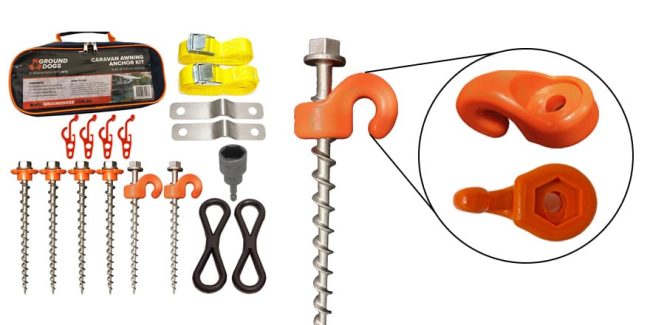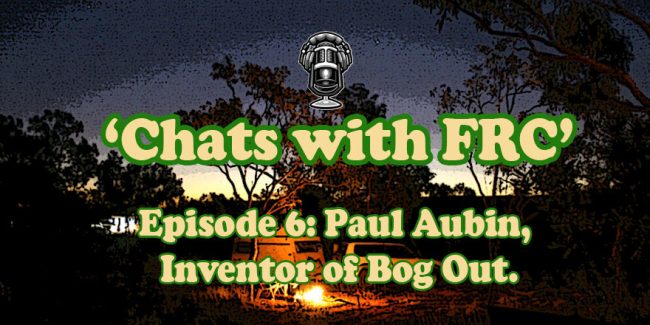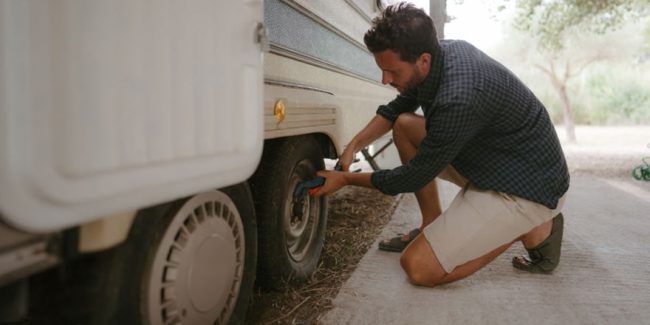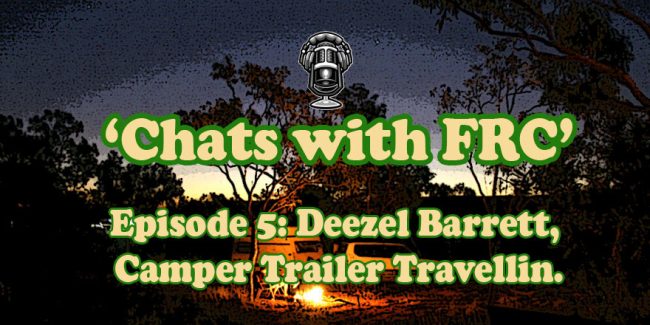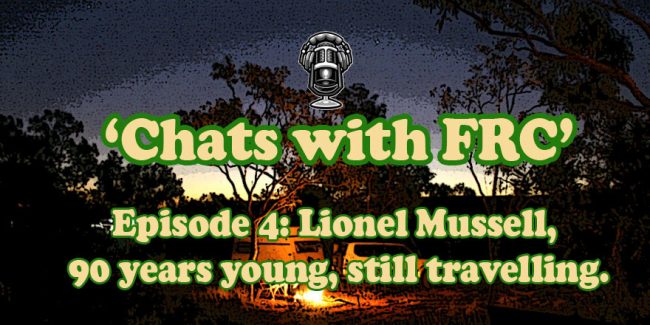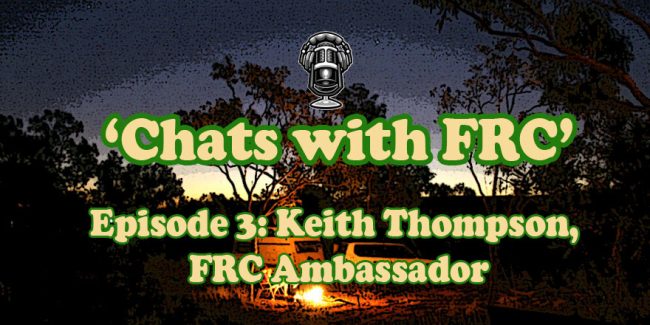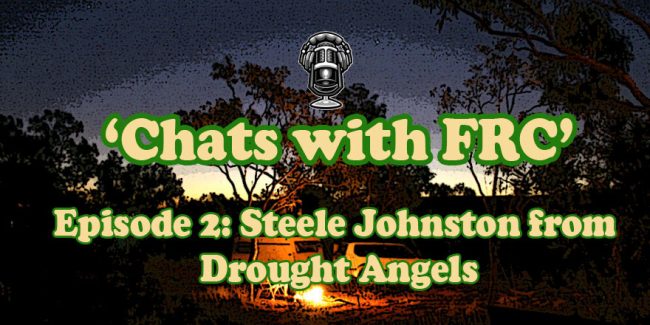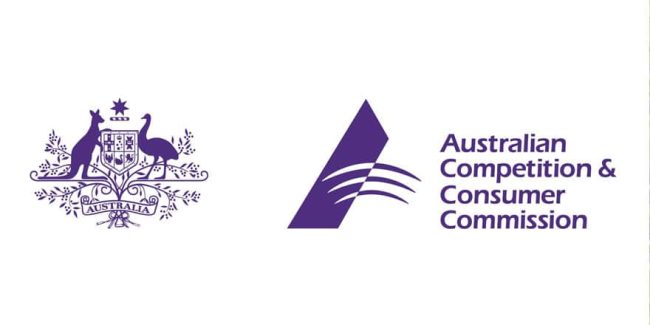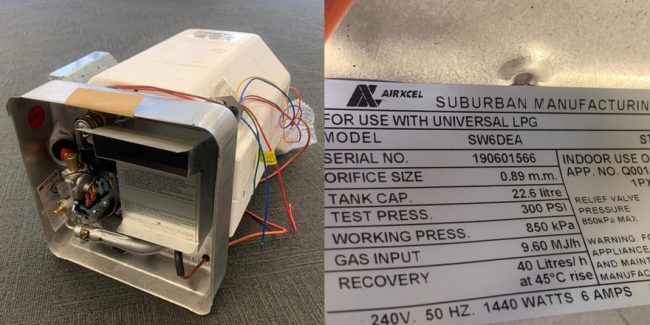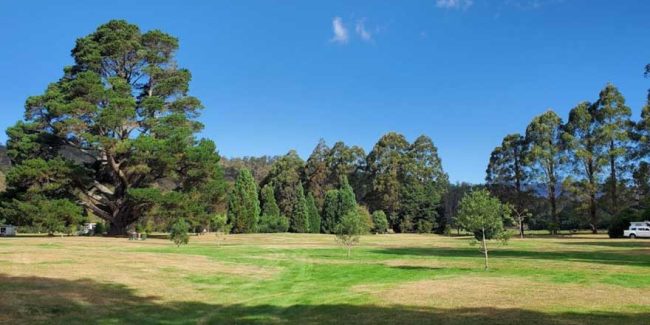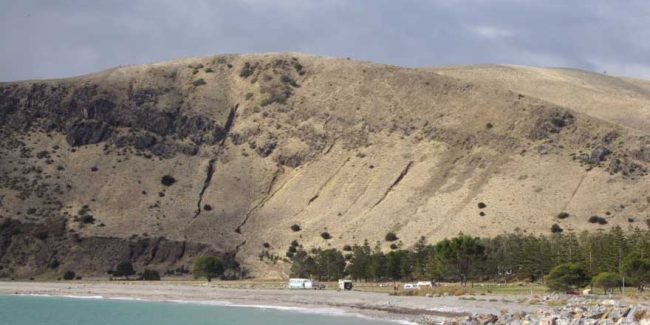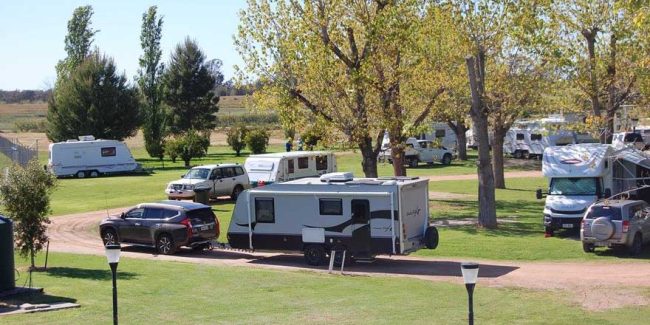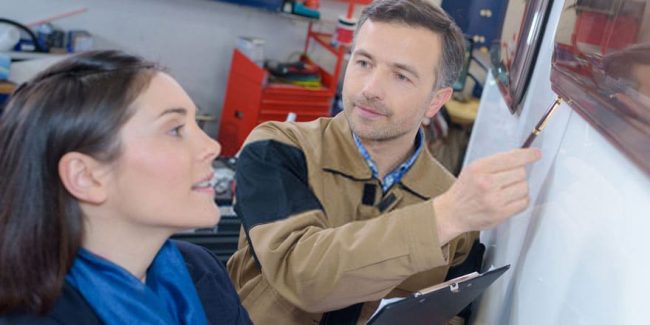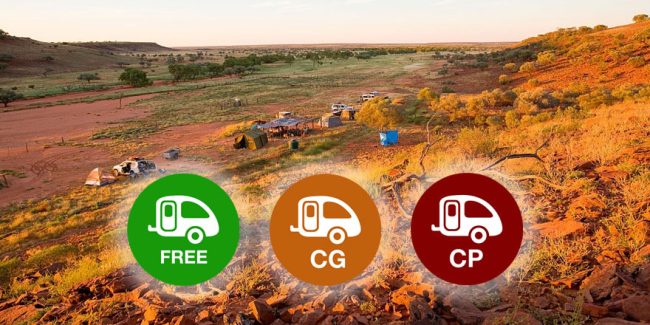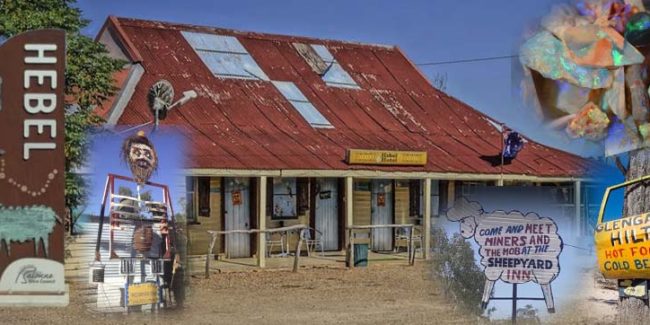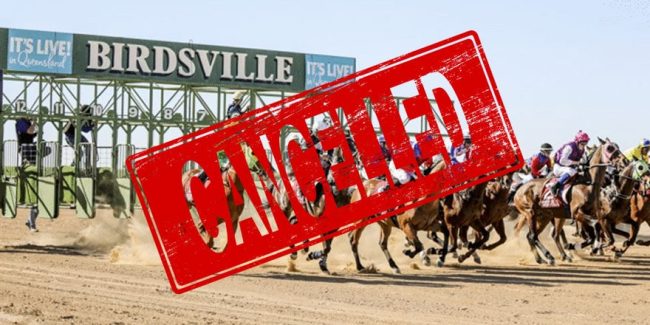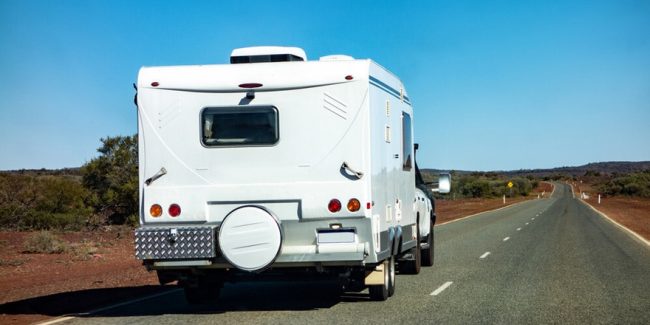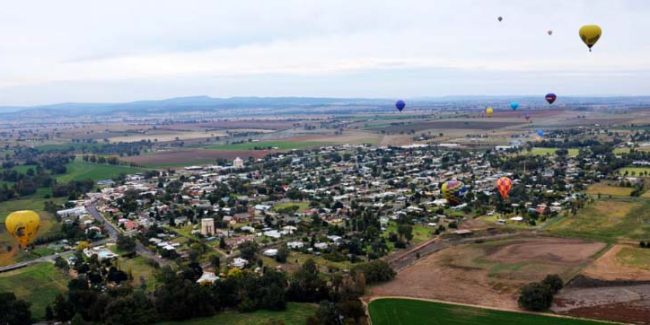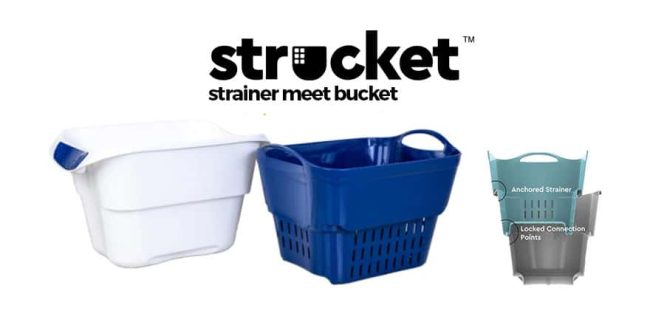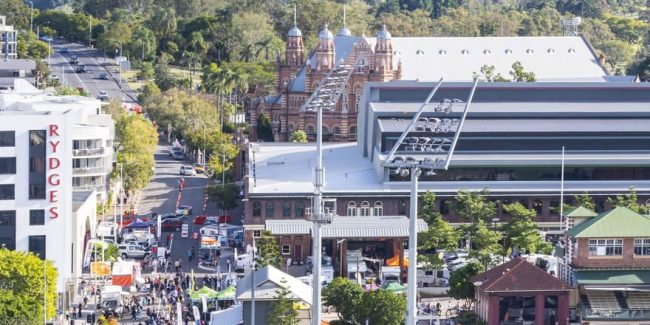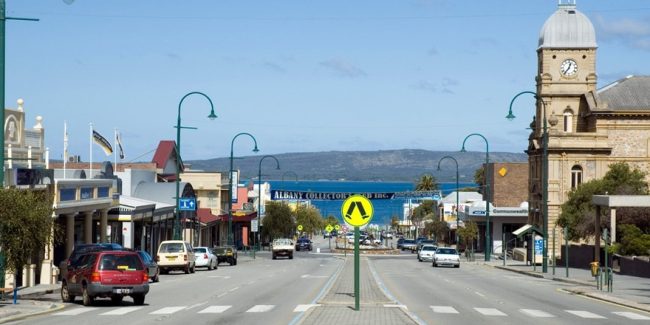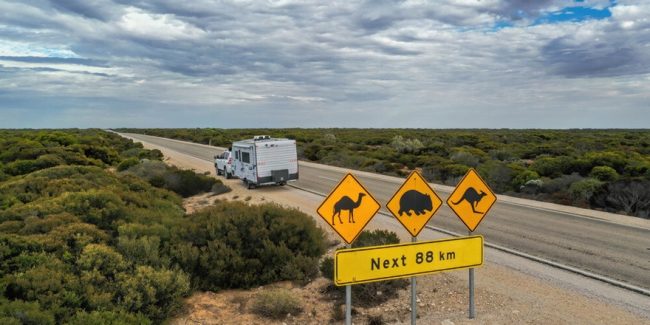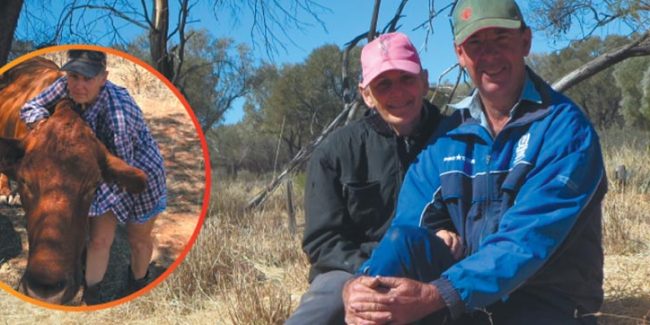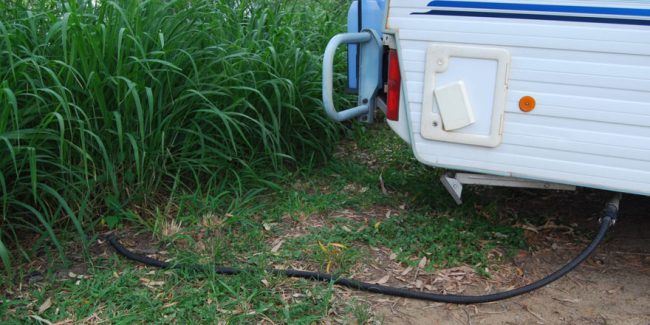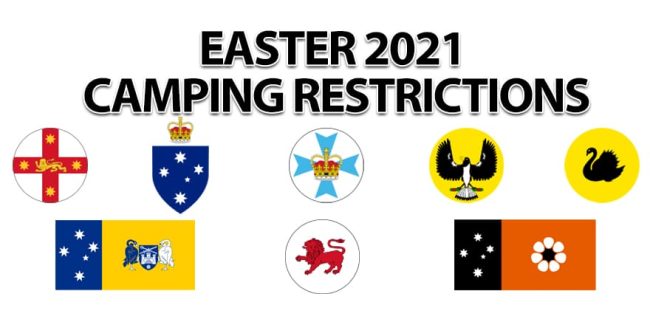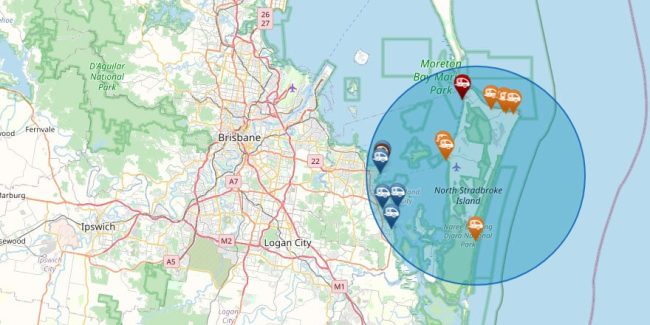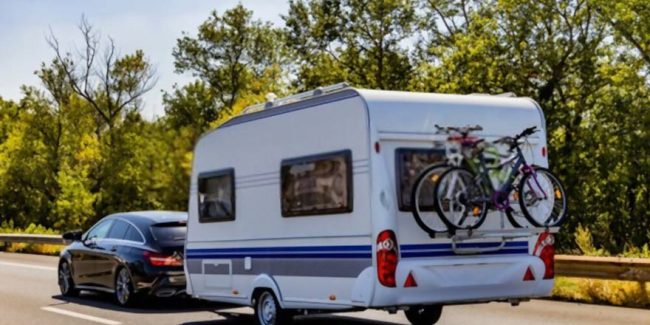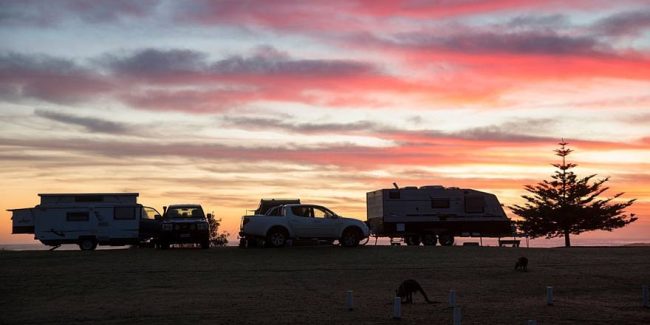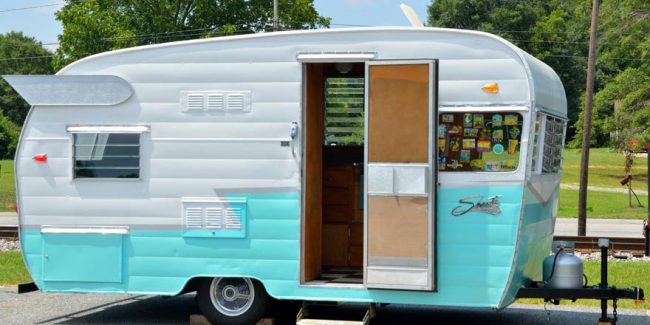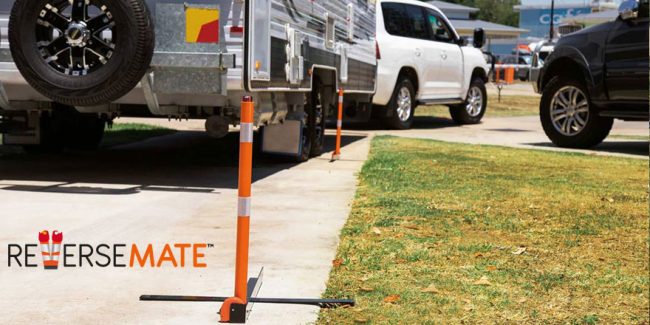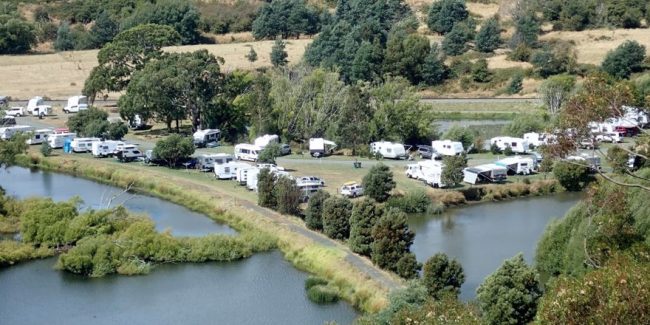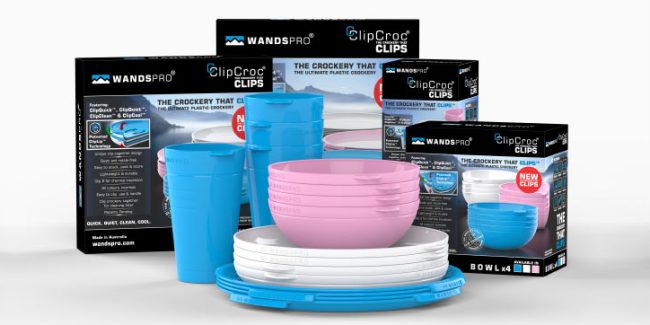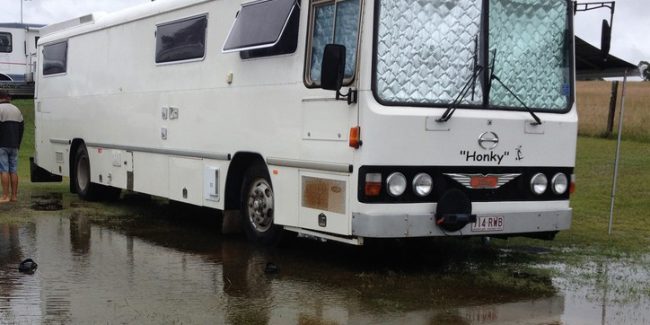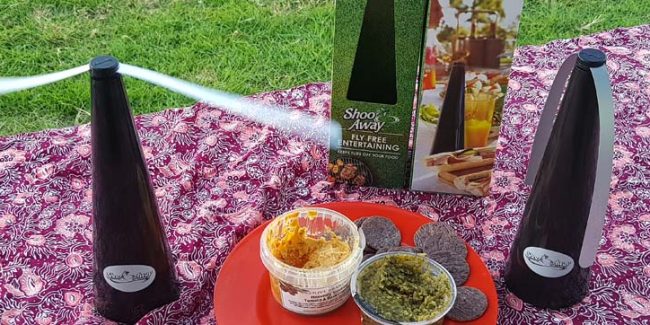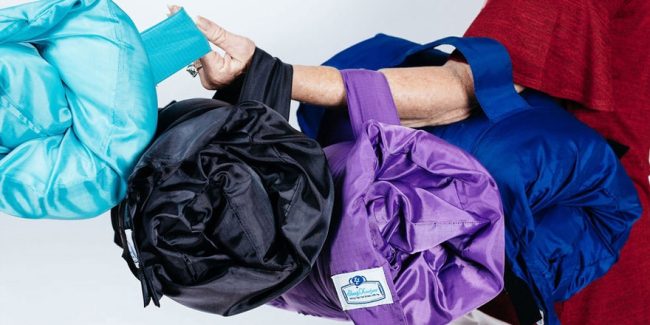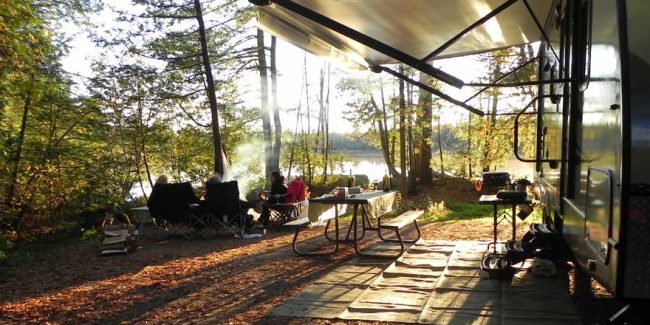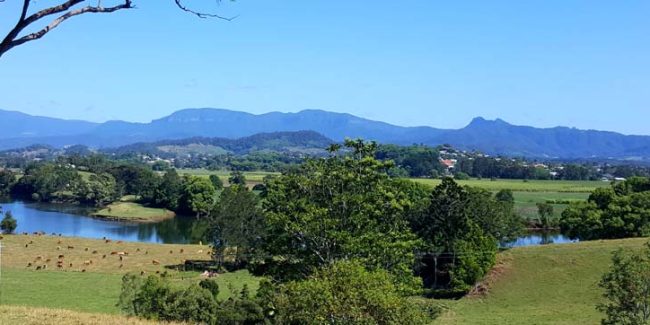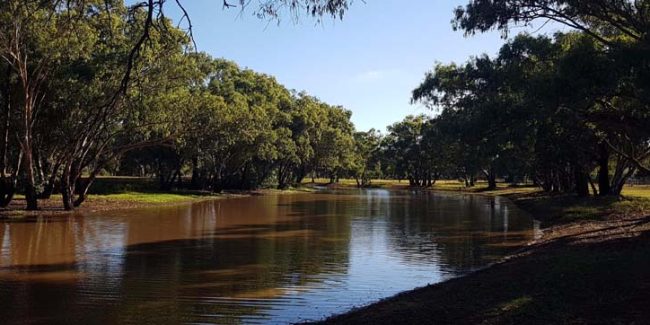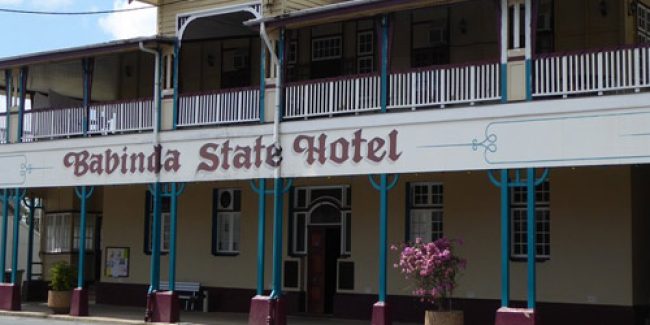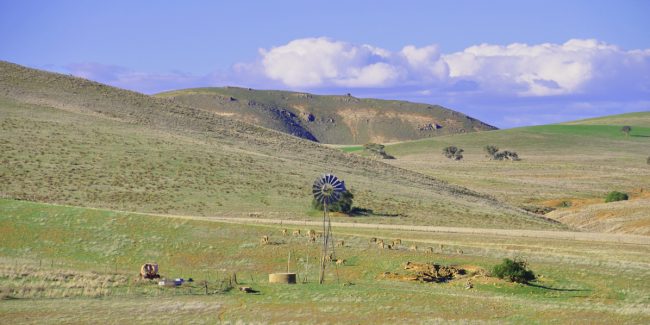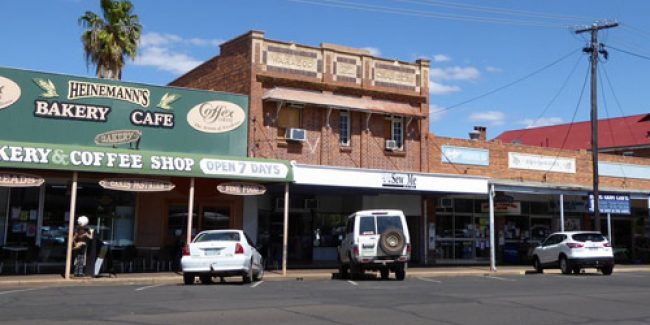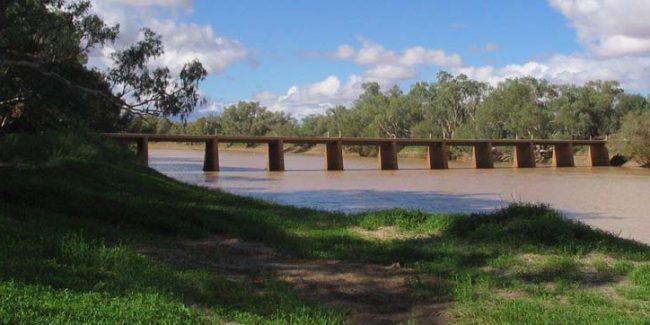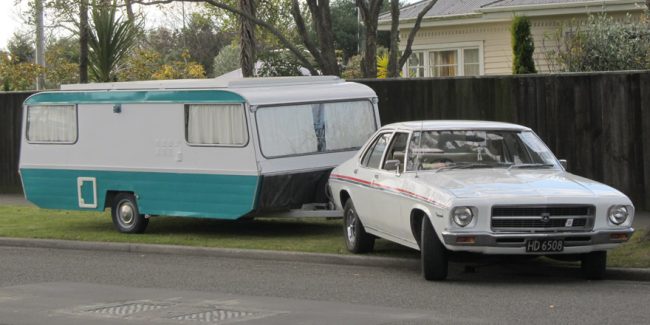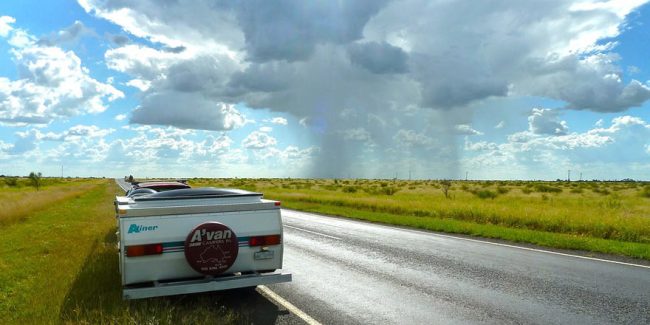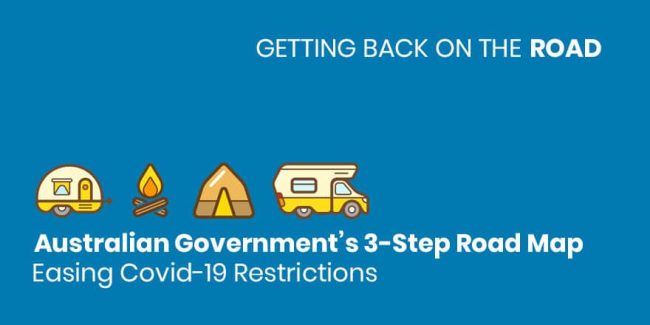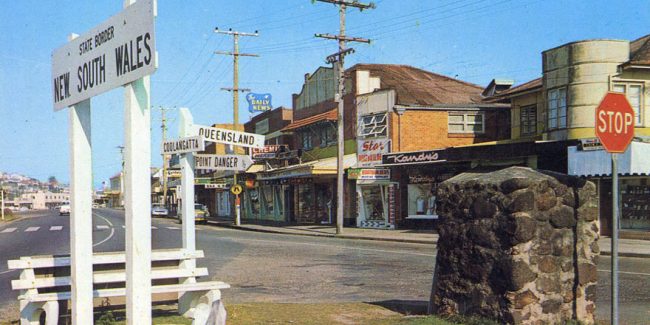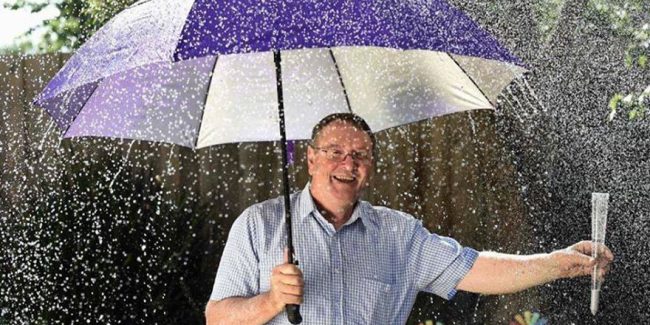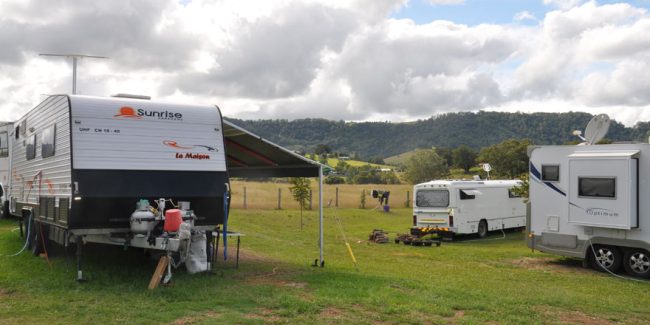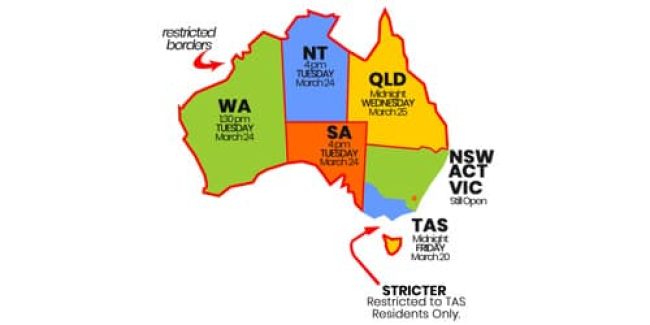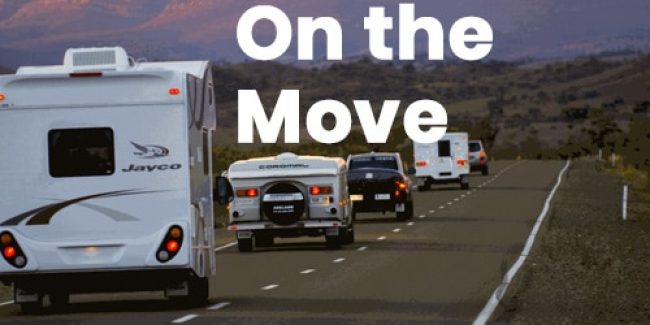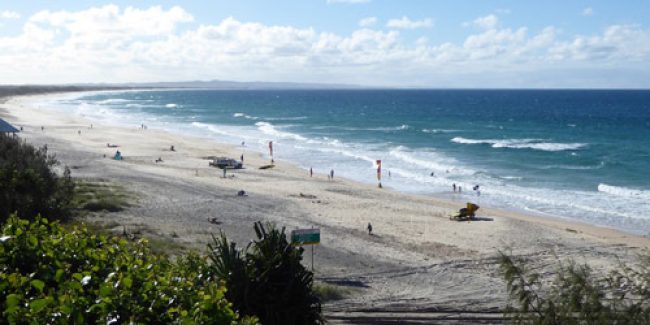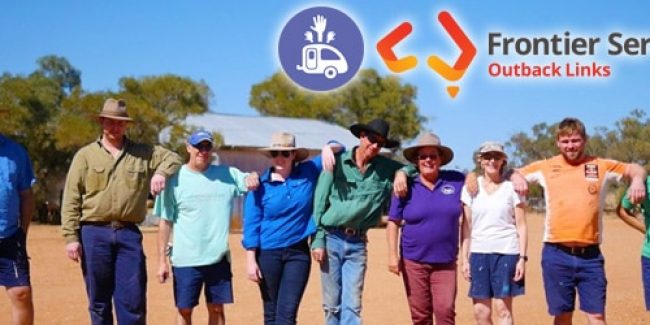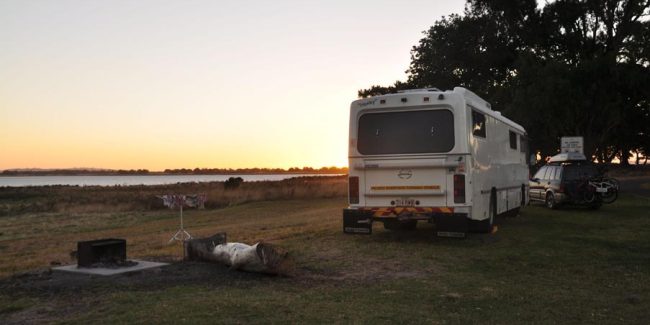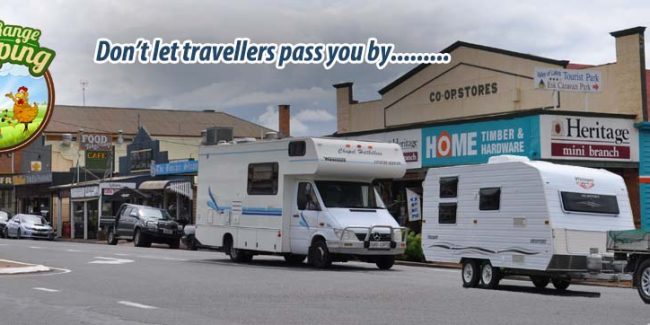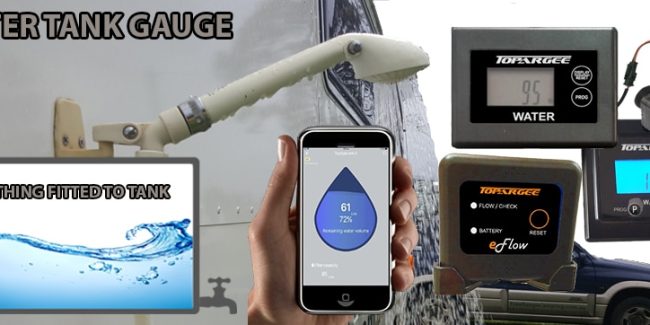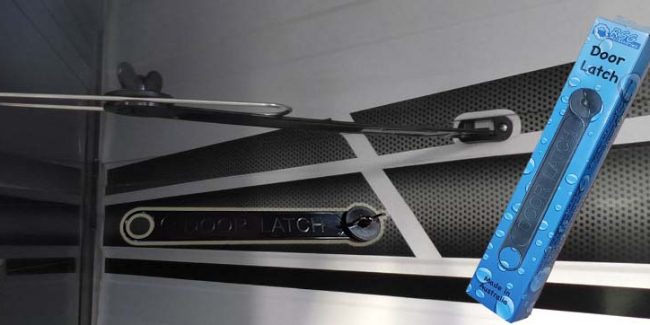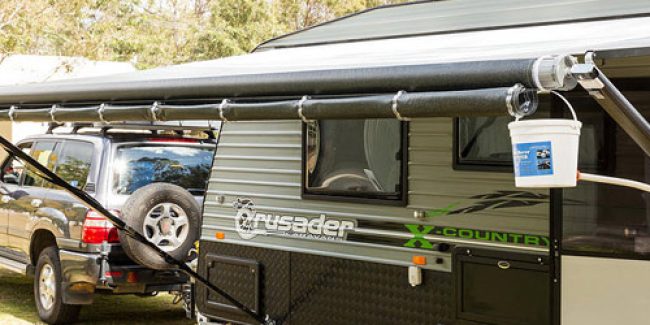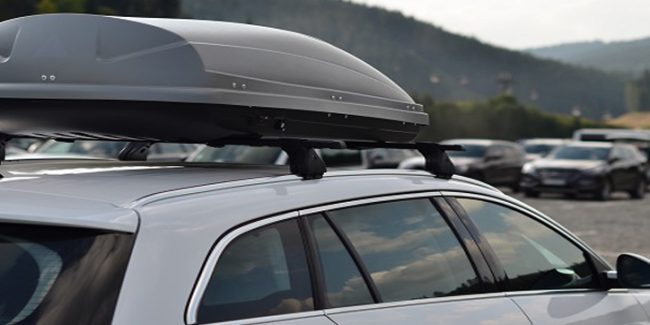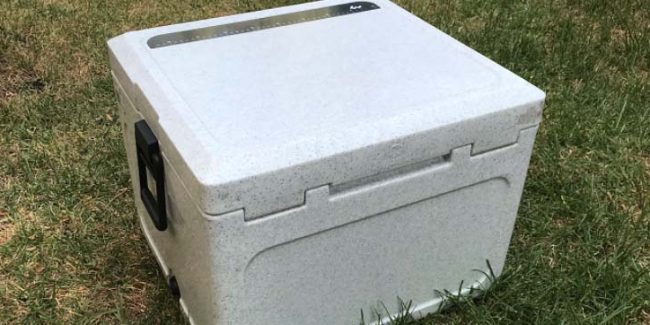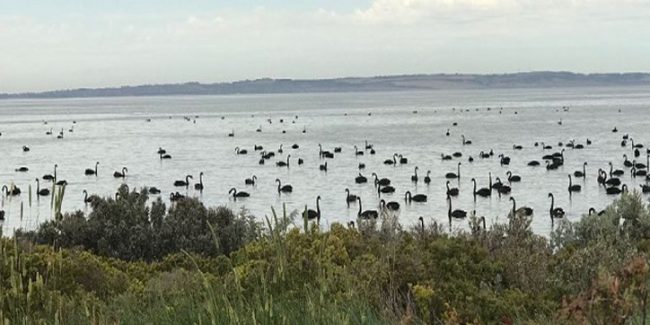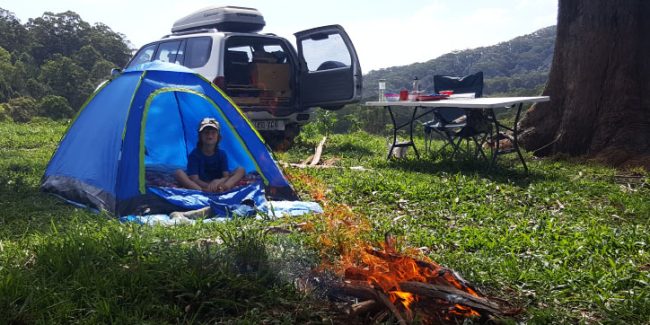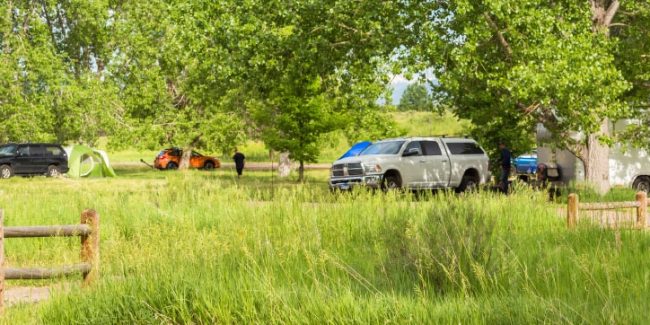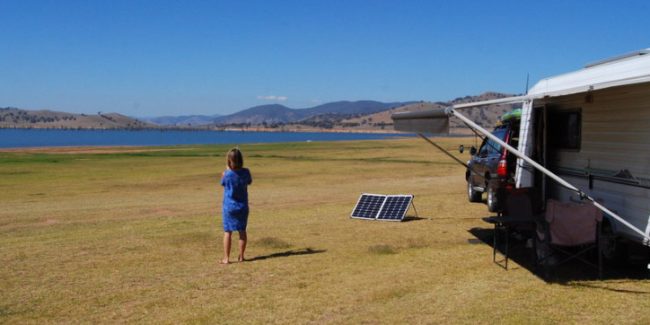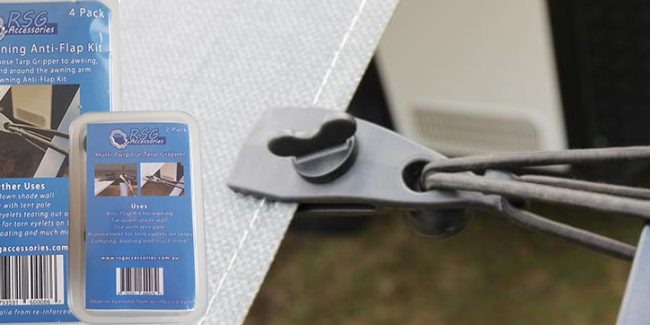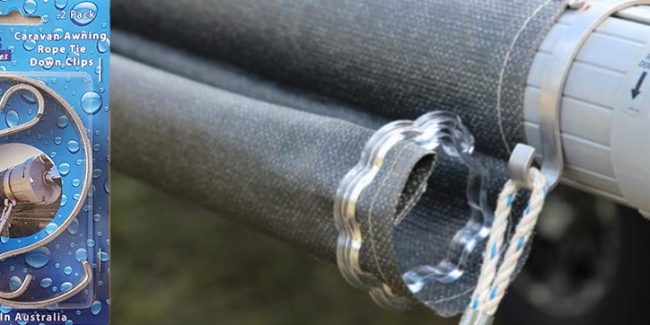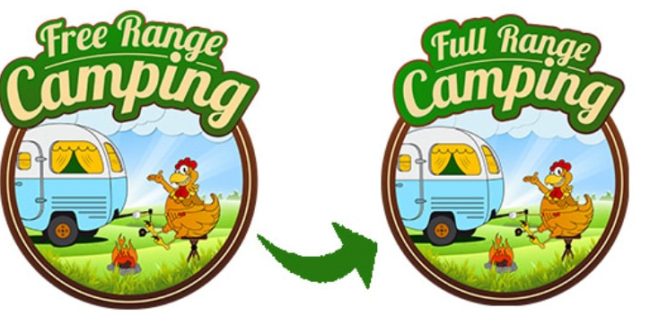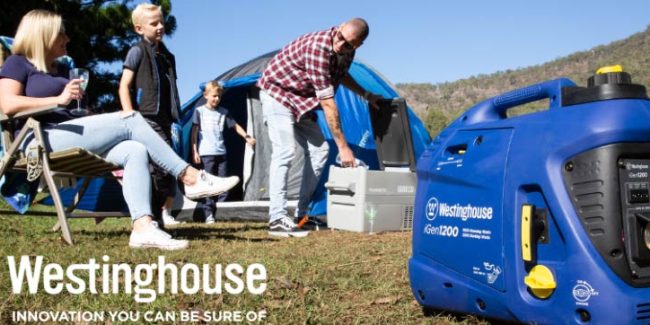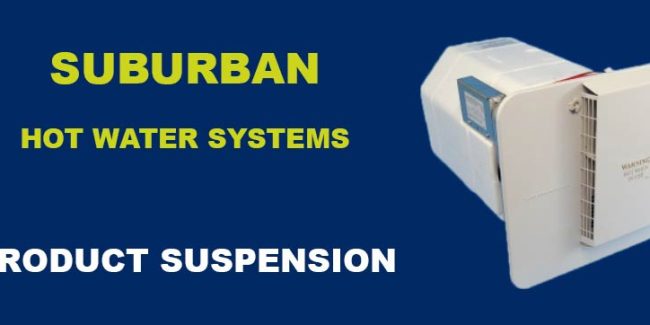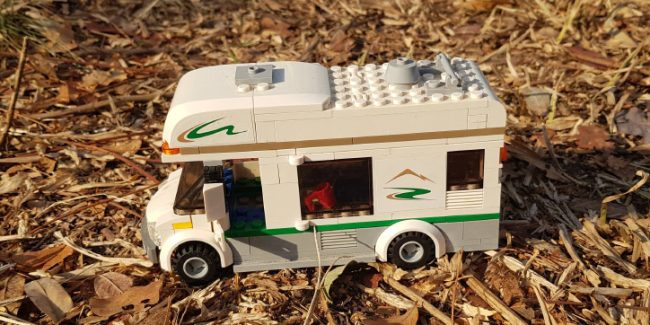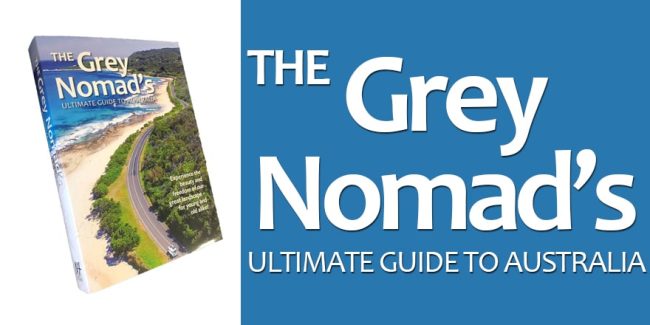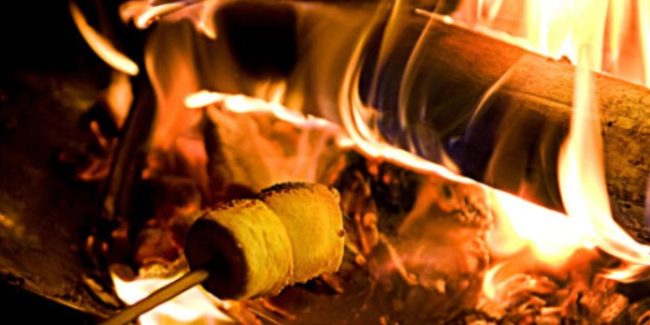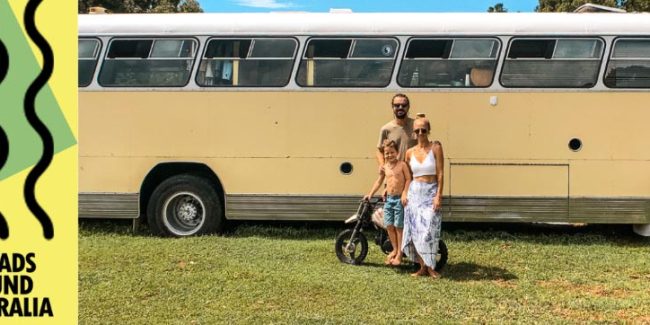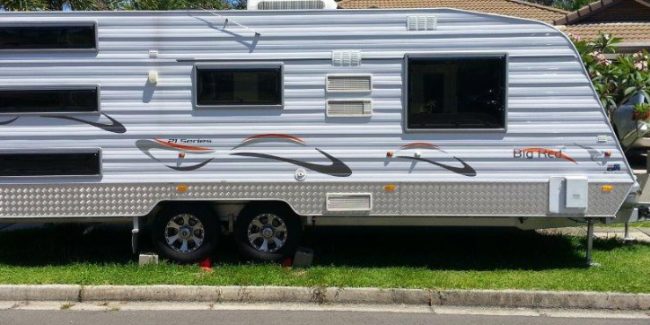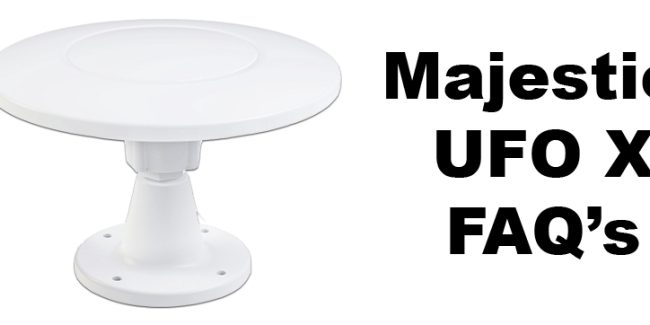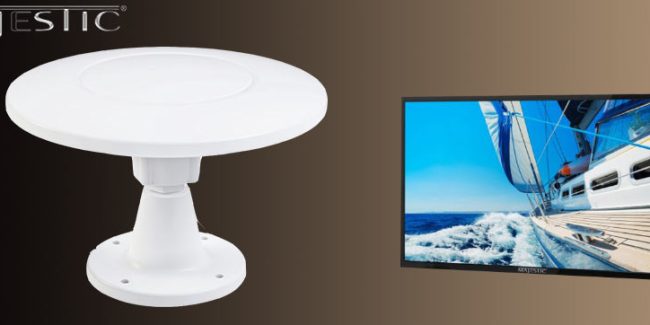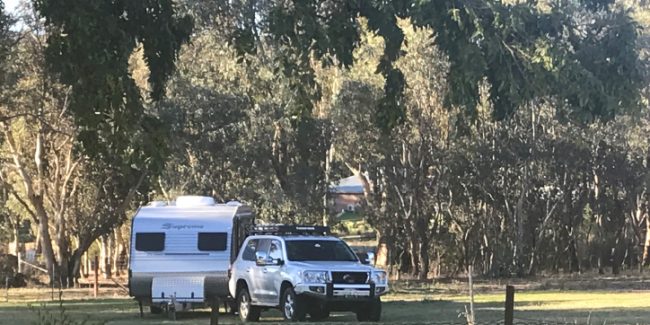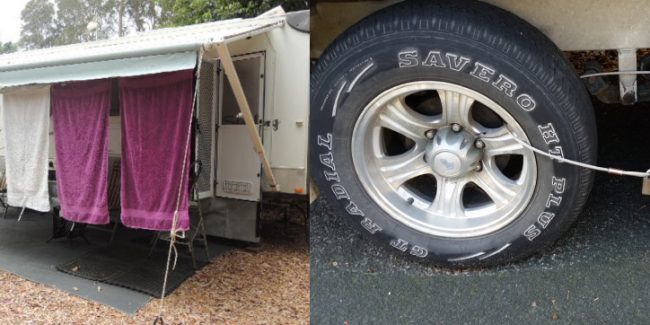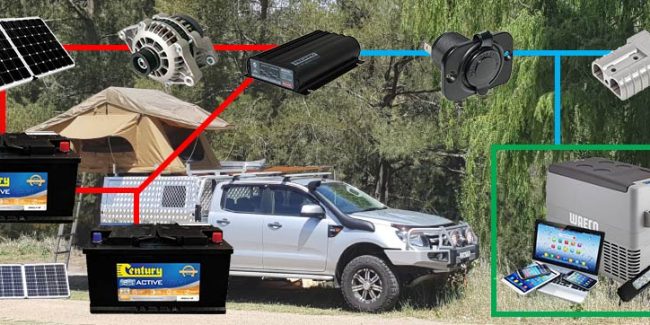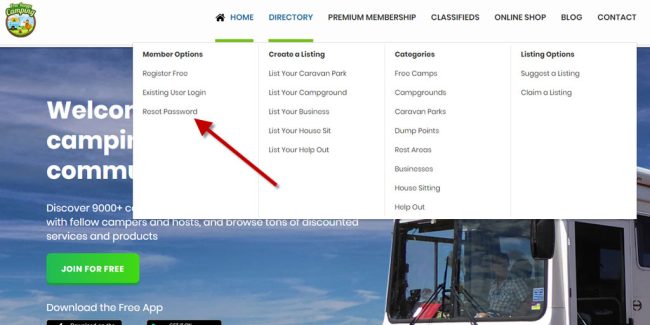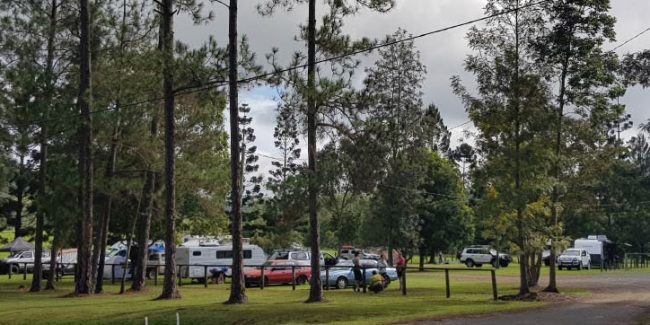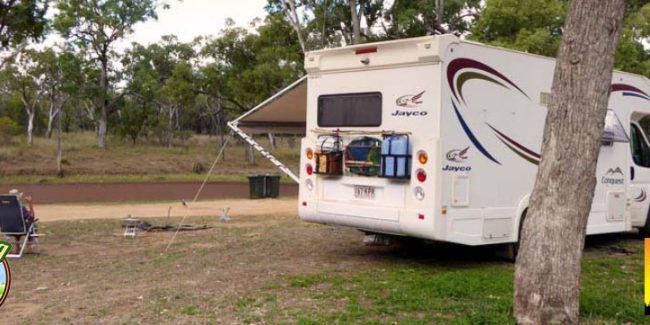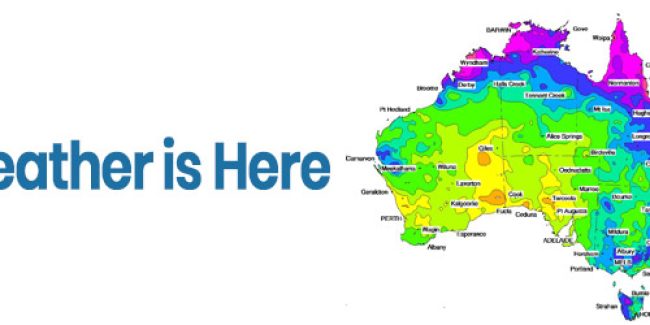This is Part 2 of 3 separate Articles on the Status of the Caravan Industry in Australia. Information supplied by Colin Young of the Caravan Council of Australia. These articles will specifically be concentrating on issues in relation to:
1: Manufacturers (and Importers) and Dealers|
2: Caravanners
3: Government
The response to Part 1 of the CCA article in relation to the Status of the Caravan Industry – discussing issues primarily of concern regarding Manufacturers / Importers and Dealers – has been very well received, with many supportive responses… along with a few (constructive) criticisms and suggestions.
Most certainly Manufacturers and Dealers are not entirely to blame for all of the industry issues!
The obvious short-comings of Government Regulatory control “systems” are a major reason for the problems being faced by many caravan owners and potential-buyers. This will be addressed in Part 3 of the “Status” article.
Part 2 covers the issues that Caravanners need to diligently address so as to prevent, or at least minimise, the risks – in order to better-protect themselves – from suffering the trauma and expense of having major problems that turn their travelling dreams into nightmares.
A critical question is: “What degree of “Duty-of-Care” are both Dealers and Buyers expected to exercise, and what degree of information – in relation to the Technical and Legal aspects of purchasing a caravan, and towing it safely on the road – is a Buyer expected to know?”
It is blatantly obvious that the prime concern is the matter of Ratings and Masses of both the Caravan and the (intended) Tow-Vehicle.
1: Too many new, under-resourced, manufacturers and importers competing in a very limited, and highly-competitive, market.
With “Self-Certification” permitted – combined with the lack of acceptable Regulatory auditing of businesses, and audits of vehicles – it is not possible for prospective buyers to have sufficient confidence in the Design / Manufacturing / Compliance / Safety / Quality of all new caravans.
It is vital that potential-buyers “do their home-work” thoroughly, before deciding on a particular Make and Model – rather than being “persuaded” by a sales-person to buy a “better” (higher priced) caravan, which may, or may not, live up to the promises made.
They must decide beforehand, precisely what type of caravan they really need that will suit their intended travel plans, and what they can afford.
There are free detailed independent Check-Lists available for potential-buyers of caravans, where: (a) An Evaluation can be determined of what they need / want / prefer in a new ‘van, and (b) A Comparison can be made of what Makes and Models come the closest to matching the required and preferred criteria.
This will be a major investment, and as such, the purchase must be made on a practical basis… and not on an emotional basis.
Sales-personnel are professionally trained to sell. Caravan buyers are not trained to buy, and as a result, they will very often suffer severe “buyer remorse”, when they realise that what they have purchased is not up to their expectations.
2: Too many serious Non-compliance, Safety and Quality problems… with subsequent complaints and litigation.
When someone buys a new car or truck, there is no need for them to know all about the Australian Design Rules (ADR’s) and other regulatory requirements, because Vehicle Safety Standards (VSS) would have approved the Manufacturer’s Compliance submission and Quality program.
However, because of the permitted “Self-Certification”, caravan buyers are not afforded any where near the same degree of assurance.
Obviously, caravan buyers are certainly not expected to be experts on all applicable Regulatory requirements, hence a very high level of confidence in the Manufacturer and Dealer is required.
There are freely-available “Buyer-Assist” Check-Lists that include important Questions that potential-buyers need to ask the Dealer. It is most prudent to obtain the answers in writing.
All too often, caravanners who have purchased a new ‘van, some time later conduct a fine-tooth inspection of their new pride-and-joy, and pedantically note every minor blemish. These trivial imperfections should clearly have been detected during the Pre-Delivery Inspection and advised to the Dealer.
3: Owners / drivers not educated in critical Technical and Legal issues regarding caravans, especially towing safety.
Drivers are all too often involved in accidents and frightening incidents, due to their lack of understanding of the Law. Exceeding the Ratings of the caravan and / or tow-vehicle, is an all too common occurrence, leading to the driver being booked for over-loading, with the over-loading being, at least, a contributing cause of dangerous vehicle handling and stability problems on the road.
It is reasonable to expect that all Dealers should provide adequate professional written information on the vital aspects of Ratings and Masses to all caravan buyers,
However, it is also reasonable to expect that all Caravanners will have the initiative to take the time to study the Owner Manuals supplied with both the tow-vehicle and the caravan, along with the Definitions of the relevant Ratings and Masses in Vehicle Standards Bulletin No: 1 (VSB1)
https://www.infrastructure.gov.au/vehicles/vehicle_regulation/bulletin/vsb1/index.aspx
so that they clearly understand the importance of ensuring compliance with the Regulations.
The ATM & GTM are fixed “Ratings“… allocated by the Manufacturer – using an engineering assessment – in relation to the maximum-permissible “All-Up” & “Axle(s)” limits.
The Tare Mass of a caravan is the “mass of the completely-empty caravan, as it leaves the Dealer (Supplier), fitted with all items that were stated on the Sales Contract.
Repeat… Tare Mass is when the caravan leaves the Supplier… not the Manufacturer!
The Empty Ball-Loading is an “actual mass” – that must be measured – and is obviously applicable only for the empty (Tare Mass) condition. It has no relationship whatsoever to the ATM Rating or the GTM Rating.
4: No evaluation of driving ability required, unlike Trucks and Semi-trailers where professional Training and an Endorsed Licence are mandatory.
An appraisal of the driving ability of all caravanners is urgently required, in order to reduce the number of serious accidents – and frightening incidents – involving caravans on our roads.
It is essential that all drivers (and relief-drivers) towing caravans take the initiative to ensure that they adequately understand the Laws and the Technical issues involved with towing a caravan, so that they are not “an accident waiting to happen”, and a hazard on our roads.
All drivers need to undertake driver training, so that they know what to do in the real-world, when “all hell suddenly breaks loose” on a road… and lives are on the line. Organised practice in a spacious safe “deserted parking lot” provides vital safety information, regarding the “sensitivity” of the two braking systems – including the manual over-ride brake control – and the speed and degree of rotation of steering-wheel inputs.
Having a cavalier attitude of “I’m a great driver” or “it will never happen to me”, is a recipe for disaster. There is a very real possibility that you are not as good as Lewis Hamilton!
It is very strongly recommended that all drivers participate in a professional driver-training course, conducted by a highly-respected and experienced caravan-towing instructor.
There is a strong push to require drivers to have an Endorsed Licence for towing caravans, obtained after they satisfactorily complete a recognised training evaluation.
However, there is opposition to this proposal, seemingly from parties that have a strong vested interest in increasing – and not decreasing – the number of caravans sold, and used on our roads.
An alternative, more practical and much faster proposal to achieve an equivalent result, is to require drivers to pass an on-line theory test encompassing at least the major aspects of the Legal and Technical issues involved with driving a combination on the road.
It is proposed that Driver Licensing authorities and caravan Insurance companies manage this system. The program could be introduced on an “advisory” or “recommended” basis.
Attached: “Driver Towing Licence Theory Test” – Questions & Answers
All Driver-Licence authorities, caravan Insurance companies, and Road-Safety bodies need to promptly introduce a suitable National requirement for drivers who tow caravans.
5: Tow-vehicles not suitable for towing specific caravans.
There have been too many serious (and tragic) accidents – and many more frightening incidents – involving caravans on our roads.
Obviously driver, road, and atmospheric issues frequently partially contribute to the cause of these events, along with mechanical failures of the tow-vehicle or caravan.
However, in numerous instances, the prime cause has been the fact that the tow-vehicle was not suitable for towing the particular caravan.
These chilling events begin with the caravan starting to sway, which often leads to a dangerous uncontrollable “jack-knife“, which frequently results in the caravan over-turning, or running off the road… sometimes causing the tow-vehicle to do likewise. When the magnitude of the caravan oscillations exceed a “critical point“, not even a top Formula 1 driver could “save” the situation.
No: 1 Consideration: The mass of the tow-vehicle must, at all times, be appreciably more than the mass of the tow-vehicle. It is conservatively recommended that the mass of the tow-vehicle should be at least 30% more than the mass of the caravan. This figure is for a mature experienced driver, with sharp faculties (especially reflexes), on good roads, in good weather, and with both vehicles in good mechanical condition. It is paramount that the “tail never wags the dog“.
No: 2 Consideration: The tow-vehicle must have sufficient power (torque) to enable the combination to accelerate at an acceptable rate, and to enable a acceptable speed to be maintained when climbing a hill… so as not to frustrate following drivers.
Sufficient power has to be “on hand” to enable over-taking manoeuvres to be made safely.
No: 3 Consideration: The distance from the Coupling to the rear-axle of the tow-vehicle is critical. The shorter, the better. Semi-trailers and 5th-wheelers have the Coupling / King-pin (virtually) directly above the rear-axle, and provides predictable handling on curves.
Caravans have the Coupling a long way behind the rear-axle, and provides undesirable and potentially-lethal handling on curves and during “swaying”. When the driver turns the steering wheel to move in one direction, the front of the caravan moves in the opposite direction.
One would certainly reasonably believe that Suppliers have a vital “duty-of-care” obligation to ensure that a Consumer who is purchasing a caravan from them, thoroughly evaluates the suitability of the intended Tow-Vehicle, to safely and legally tow the caravan.
However, it may also be reasonable to consider that the Consumer also has an onus or responsibility to confirm the suitability of the Tow-Vehicle, based on the above three Considerations.
6: Serious Consumer-Protection (ACL) – Non-Compliance issues with Dealers (Suppliers), especially regarding the rectification of Defects.
While this is one of the most deplorable problems – and one that is hushed-up as far as possible – in the industry, and has caused extremely serious heart-breaking problems for far too many caravanners. In many cases, the problems may have been avoided if the Buyer has been more diligent and had done their “home-work” thoroughly… and not have been so naïve and trusting.
Potential-buyers of caravans must be much more cautious and prepared, for what will be a costly investment by them. Too many “dreams” have quickly turned to “night-mares”… sadly.
If they have any questions whatsoever on the Terms & Conditions of the Sales Contract, it is essential that they engage a solicitor to vet the Contract, in order to avoid potential problems.
There are freely-available independent detailed Pre-Delivery Check-lists, to best-ensure that the caravan is exactly what was ordered, and is in excellent condition. Buyers must take their time and not be rushed. They must get “everything in writing”, and a Certified weigh-bridge ticket.


